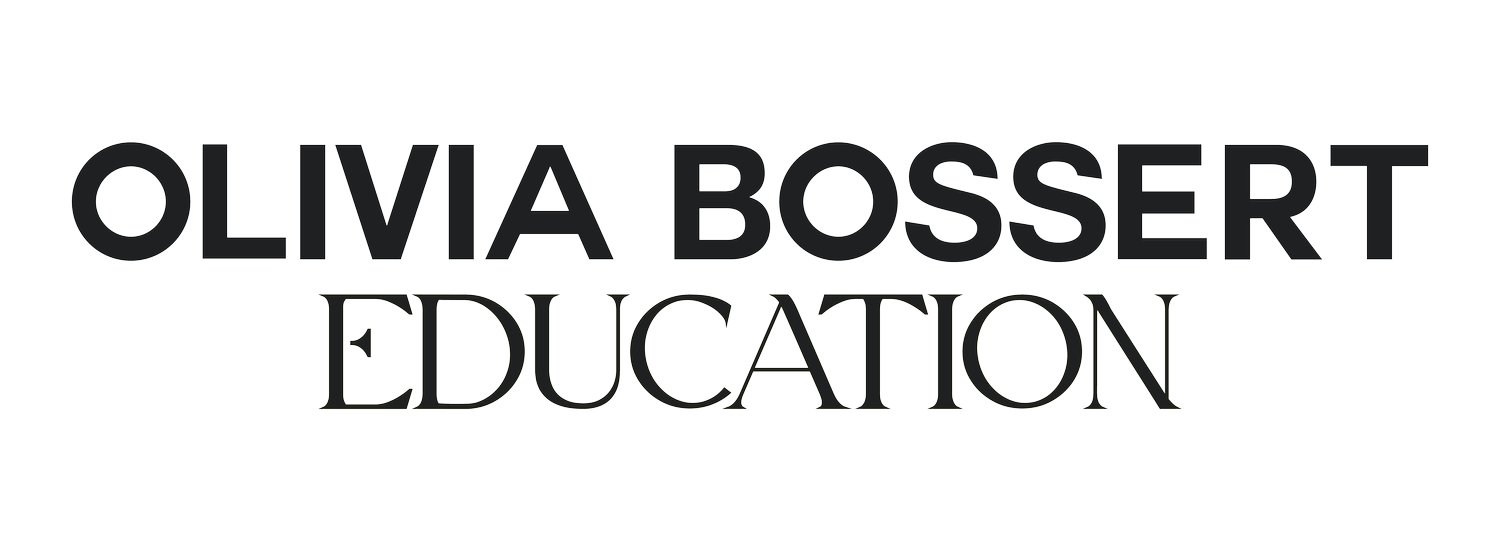Building Resilience: The Key to Long-Term Success for Photographers and Creatives
Resilience is a vital skill every artist, photographer, and creative person will encounter at some point in their journey. It is the quality that keeps you going when things get tough, whether that’s a pitch being ignored, a client choosing someone else, or investing your heart and soul into a project that doesn’t quite work out as hoped.
If you have ever felt rejected, discouraged, or frustrated because progress seems slow, this is for you. Understanding resilience, how to handle setbacks, and separating your self-worth from your work will empower you to stay in the game and eventually succeed. The truth is, the photographers who make it aren’t always the most naturally talented; often, they’re simply the ones who never give up.
Why Resilience Matters More Than Talent
When people think about success in photography, they often focus on talent, networking, or luck. However, the secret ingredient is resilience. Every successful photographer you admire has faced rejection - every single one of them. There’s no one in this industry who has received nothing but yeses. Even the most talented have been told no.
Success isn’t about avoiding failure; it’s about learning how to move through it. You will face setbacks, and initially, they will feel hard. But with time, you will learn to handle these challenges without letting them stop you. The biggest barrier to success is letting those setbacks become a full stop instead of a comma on your journey.
Remember, there is so much opportunity waiting for you, but if you let roadblocks and rejections stop you, you will never reach your potential. This industry is tough, but that doesn’t mean you’re not cut out for it, if you’re reading this, you already are.
Handling Rejection Without Taking It Personally
Rejection is unavoidable. You will pitch to brands that don’t respond, send emails to magazines that go unanswered. This is normal. So why does it feel so personal? Why does rejection often feel like a rejection of yourself?
Here are three important ways to make rejection feel less personal:
It’s often about fit, not failure. If a brand doesn’t hire you, it doesn’t mean your work is bad or you’re a failure. It could be that your style isn’t right for that particular project, or it’s simply not the right time. Understanding this helps you realise rejection isn’t about you as a person.
You’re playing the long game. Success rarely happens overnight. Sometimes a no today becomes a yes months or even years later. Keeping a long-term perspective helps you stay patient and persistent.
Rejection is often redirection. A no might push you towards an opportunity you hadn’t considered but ends up being perfect. Sometimes rejection guides you to where you truly belong.
For example, I once had a client I was very excited to work with. They showed great interest, asked for pricing, and then completely ghosted me. Initially, I felt rejected and disappointed, but looking back, I wouldn’t have wanted to do that particular job. It was an e-commerce shoot for a big brand, something I didn’t really enjoy and would probably have found stressful. Instead, I took a different job with a smaller brand, which paid well and led to ongoing work. Sometimes what feels like rejection is actually a blessing in disguise.
Separating Your Self-Worth from Your Work
This can be one of the hardest things for creatives. We pour so much of ourselves into our work that criticism can feel like a personal attack. However, learning to separate who you are from what you create is essential.
Your work is something you make, it is not who you are. Even if a project doesn’t go as planned, or a piece of work isn’t well received, your value as a person remains intact. Creative growth involves taking risks, and sometimes those risks won’t pay off. But if you don’t take risks, you’ll never know what could have been.
To protect your self-worth:
Create work for yourself, not just for approval. Make projects that excite you personally, regardless of outside validation.
Learn to enjoy the process, not just the final result. The planning, experimenting, and creating can be deeply fulfilling in itself.
Remind yourself regularly that your value isn’t tied to the outcome of your work. Rejection of your work is not a rejection of you.
Think about times in your life when setbacks led to unexpected positives. Holding onto those stories can help remind you that rejection isn’t the end.
How to Build Resilience and Keep Moving Forward
Resilience is not just about bouncing back after failure, but building strength to carry on no matter what. Here are some habits that can help:
Focus on the long-term game. Consistency over time beats quick wins. Success is often small efforts accumulated over months and years.
Surround yourself with supporters. Having people who believe in you makes a huge difference when things feel tough.
Celebrate small wins. Every photoshoot, every pitch sent, every step forward counts. Reflect weekly on what you’ve achieved.
Nourish your creativity outside of photography. Sometimes stepping away and trying a different creative hobby — painting, writing, or any form of art — can refresh your energy and inspiration.
For example, in 2024, I was feeling a bit stuck creatively. I decided to experiment by painting and drawing over some of my photos, without any clear goal. That playful exploration ended up shifting my career in unexpected and exciting ways. Play and curiosity can unlock new opportunities and keep your creative muscles strong.
Ask yourself, what one thing can you do this week to build your creative resilience?
Resilience is what separates those who succeed from those who give up. It’s a tough industry, but it is worth it. You have something valuable to offer, and if you keep showing up, creating, and believing in your work, you will succeed.
Remember, the ones who make it aren’t the ones who never failed, they are the ones who never quit.
So, what’s one action you can take today to strengthen your resilience and keep moving forward in your creative career?

